AP* Environmental Science provides students with the scientific principles, concepts, and methodologies required to understand the interrelationships of the natural world. The course draws upon various disciplines, including geology, biology, environmental studies, environmental science, chemistry, and geography in order to explore a variety of environmental topics. Topics explored include natural systems on Earth; biogeochemical cycles; the nature of matter and energy; the flow of matter and energy through living systems; populations; communities; ecosystems; ecological pyramids; renewable and nonrenewable resources; land use; biodiversity; pollution; conservation; sustainability; and human impacts on the environment. The equivalent of an introductory college-level science course, AP Environmental Science prepares students for the AP exam and for further study in science, health sciences, or engineering.
The AP Environmental Science course provides a learning experience focused on allowing students to develop their critical thinking skills and cognitive strategies. Scientific inquiry skills are embedded in the direct instruction, wherein students learn to ask scientific questions, deconstruct claims, form and test hypotheses, and use logic and evidence to draw conclusions about the concepts. Frequent no- and low-stakes assessments allow students to measure their comprehension and improve their performance as they progress through each activity.
Students perform hands-on labs and projects that give them insight into the nature of science and help them understand environmental concepts, as well as how evidence can be obtained to support those concepts. Virtual lab activities enable students to engage in investigations that would otherwise require long periods of observation at remote locations and to explore simulations that enable environmental scientists to test predictions. During both hands-on and virtual labs, students form hypotheses; collect, analyze, and manipulate data; and report their findings and conclusions. Throughout this course, students are given an opportunity to understand how biology, earth science, and physical science are applied to the study of the environment and how technology and engineering are contributing solutions for studying and creating a sustainable biosphere.
Summative tests are offered at the end of each unit as well as at the end of each semester, and contain objective and constructed response items. Robust scaffolding, rigorous instruction, relevant material, and regular active learning opportunities ensure that students can achieve mastery of the skills necessary to excel on the AP exam.
This course has been authorized by the College Board® to use the AP designation.
2 semesters, 1 credit

